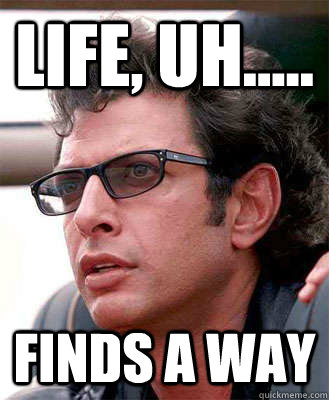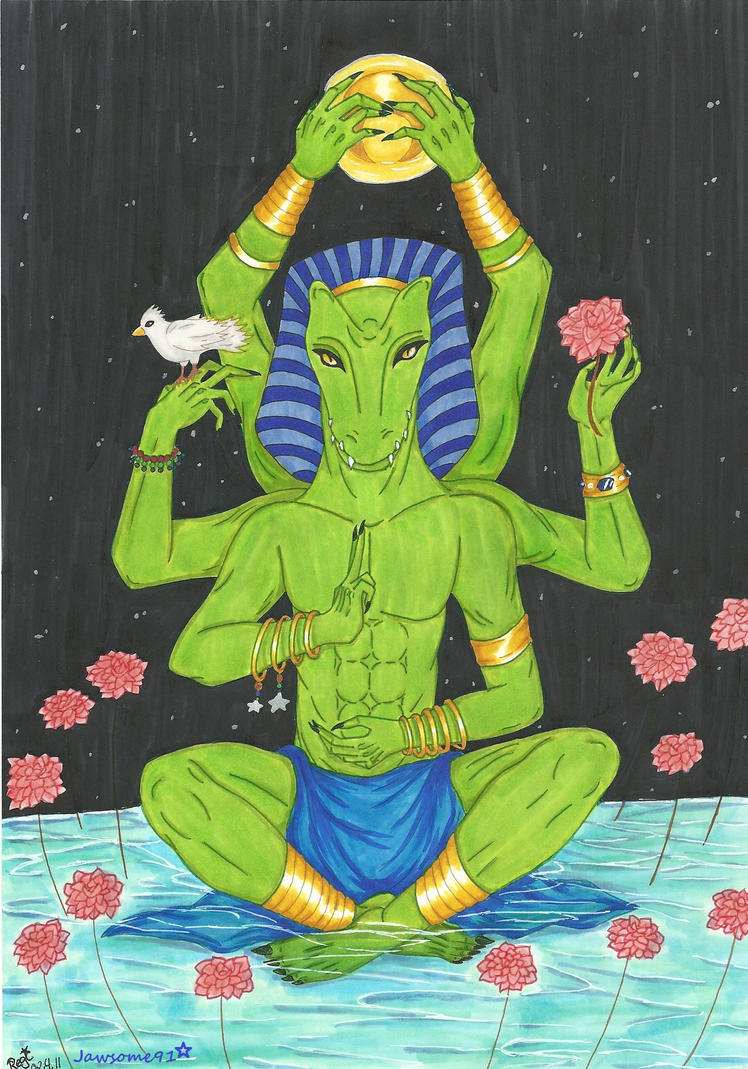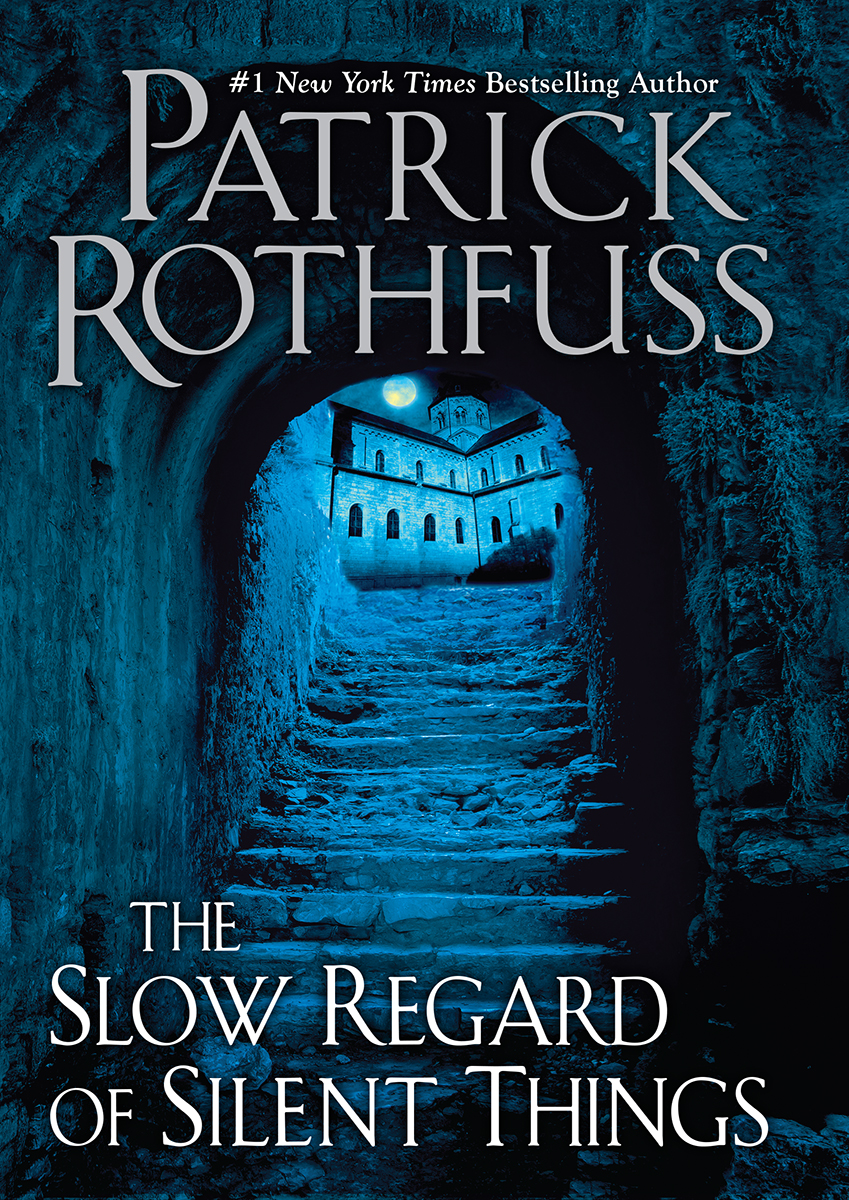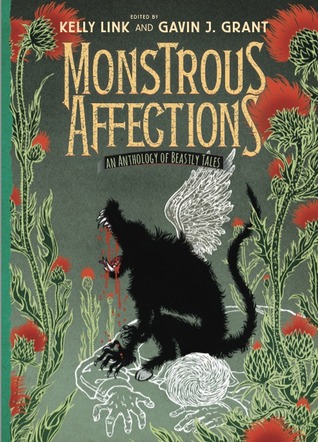This fall I re-watched all of OUAT to get ready for the new, Frozen-themed season that just finished on Sunday, which confirmed my love-hate of the show*.
I love the intertwined fairy-tale mythology. But I hate the dialogue, which borders on inane. Example: in one of the initial showdowns between the Evil Queen and the Charmings, the Queen interrupts the wedding of the Charmings to basically say "I'll ruin your happiness." Promises promises, Regina. It's your basic ho-hum Evil Queen platitudes made barely passable by Lana Parilla's scathing looks and deranged smile. As she walks away, Prince Charming hurls a blade at her back and yells . . . wait for it . . . "Hey!"
That's the line the actor was assigned. "Hey!" And it's not a funny awkward, "Hey! I have a really great comeback but I haven't thought of it yet!" moment. That's literally all Charming has to say to the woman who has threatened his life and the life of his beloved countless times, and who just ruined their special day* . . . "Hey!" It's like, instead of cursing him to a lifetime of loss and danger, she just ran off with someone's purse.
Moving on: I am a big fan of the complicated nonlinear narrative, where watching the show becomes an exercise in puzzle-solving to test even the best memory. I can't even count how many times I've had to google Cora's backstory again, to make all the pieces fit together, but they do! And it's delicious! But I hate the lazy episodic plotting which relies way too heavily on deus ex machina, usually in the form of some previously unmentioned magical artifact which happens to save the day.
The kick-ass female leads are . . . well, kick-ass. You've got Snow, a great tracker, rider, and fighter; Regina, mother of all devastating curses and necklines; oh, and before the show even begins, Emma is a friggin' bounty hunter who
don't take no crap offa nobody. But this win for feminism (which, at this point, is still countercultural enough that it needs to be mentioned) is balanced out by the general tenor of the show, which is actually pretty conservative in its values.
Which brings me to this season, which is, despite the obvious commercialist pandering in the use of the characters from Frozen, pretty good. For one thing, I finally have evidence that the writers are capable of good dialogue; the character of Anna from this season gives a pitch-perfect reading of the Frozen character, with all her verbosity, quirky insights, and insatiable curiosity. If they can nail that, surely they can phase out clunkers like "Hey!" and "Never bring your heart to a witch fight," right?
This season of OUAT also has the strongest actress I've seen on the show so far. Don't get me wrong, I love me some steely-eyed Jennifer Morrison. But Elizabeth Mitchell as Ingrid blows me away. She blasts through the terrible dialogue of the show like a giant snow-plow of nuance, sarcasm, and staring-contest earnestness. I love her.
The thing that really struck me as I rewatched the show was its all-American conservatism. And I don't mean that as a political stance, but in the sense of Norman Rockwell traditional American values, specifically its emphasis on family and faith.
That OUAT is all about family should surprise no one who has watched even one episode of the show. Almost every main character on the show is related somehow. And most of the conflicts that guide seasons are familial, as well--mother/son, mother/adopted mother, mother/daughter, daugher/estranged parents, father/estranged son, sister/sister, sister/sister/sister, etc. Despite all the family chaos, one of the recurring messages of the show is that "family never lets each other down." You'd almost think you were watching
Arrested Development, except that these characters are all so earnest in their belief in family and I don't know what their stance is on breakfast yet.
There's nothing wrong with a TV show underlining the importance of family, but family isn't all it's cracked up to be, either. In modern-day America, a "family" is not just a collection of people who happen to be related by blood, but on OUAT, family members who have known and distrusted each other for years suddenly develop deep affection for each other once it is revealed that they are related. And family can and does let you down; in fact, being part of a family can really suck sometimes. This truth is easy to find in the show's source material; in the original Grimm fairy tales, it's
not Snow White's stepmother who seeks her death, but her actual mother. The AV Club puts it this way:
OUAT’s commitment to family seems almost pathological at this point. Emma is a spiritual, perfect-match sister to Elsa and her aunt. Because everyone in Storybrooke must be related to absolutely everyone? Does this make Snow White Elsa’s aunt? It’s all sorts of confusing, and pointless. Especially when family often has its own downsides: Anna’s dark side rightly points out all of Elsa’s nasty behavior outlined in the “Do You Want To Build A Snowman?” song from the Frozen movie; although we know why Elsa abandoned her newly orphaned little sister, a simple explanation for little Anna would have been nice.
This belief in family is so pronounced, so central to the characters' worldviews, that it amounts to a kind of religious faith. Not faith in God, necessarily--God is never mentioned--but the show's version of God, which is Hope and Righteousness. Every "good" character is distinguished by their ability to hope when things look bleak, and by their adherence to good actions. These actions themselves are undefined but often fall within Christian morals and standards.
For instance, there are very few suggestions of pre-marital sex in the present-day action. Both Belle and Snow wait until they are properly married--or, in Snow's case, until she remembers that she is already married to her estranged amnesiac prince-in-another-dimension husband--for there to be a suggestion of a bedroom scene. This also doesn't really jive with the original fairy tales, in which sex features heavily. How does the witch figure out that the Prince has been visiting Rapunzel? Oh, it's when Rapunzel's pregnancy starts to show.
This prudishness isn't the case for the Evil Queen, though; if there's one thing you can say about Evil Queens, it's that they don't wait. In the first season, the Sheriff (RIP Sheriff) is her bang-buddy. In the most recent season, she has some crypt-sex (what's crypt-sex, you ask? Some new Internet phenomenon? Nope. It's just what it sounds like--sex in a crypt.) with her married boyfriend. But even then, she has the decency to be embarrassed about an unbuttoned blouse.
I was interested to see where this latent faith-emphasis would go when this season introduced the idea of the Book with a capital B. Apparently, this is the master text of the stories that everyone has been living out, and it has an author who holds everyone's fate in thrall--who, essentially, makes decisions about who is right and wrong and who gets to enjoy their lives. But the show surprised and pleased me when it subverted this clunky, obvious reference to the Bible and to God in Episode 9, "Smash the Mirror, Pt. 2." Instead, Regina and Mary Margaret have what amounts to a theological discussion. Complaining about the unfair nature of their world, Regina pokes holes in Mary Margaret's relentless faith and hope, and instead of getting defensive, Mary Margaret acknowledges that nothing is black and white:
Regina: Whenever you need help, it magically shows up like Henry's book.
Mary Margaret: I believe that when you do good, help shows up.
R: Your wishes are rewarded; mine are crushed.
MM: I refuse to believe that happiness is impossible for you, and yes, you may be sleeping with a married man, but so have I.
R: I've done far worse.
MM: Which doesn't mean you can't earn forgiveness, a chance at grace. I have to believe that.
R: If you do good hoping to be redeemed, is that really good?
MM: You know how selfish and shallow I could be as a child; you know what I've done since. You've literally seen my heart; you know it's not untouched. You are not all evil and I am not all good. Things are not that simple.
R: Well, whoever's guiding this seems to think it is. You're the hero, and I'm the villain. Free will be damned; it's all in the book and we both know how that plays out.
MM: Maybe, maybe not. It doesn't matter what I believe. What matters is that you do.
What I love about this exchange is manifold. First, let's give props to the writers for finally referencing the spot on Mary Margaret's heart, a thread that has been largely left unexplored up to now. I also love the use of the religious language, like grace, redemption, and free will. The quote "You are not all evil, and I am not all good, things are not that simple" is what this show should have been doing a long time ago: challenging and flipping these archetypes, leading these characters to seek autonomy from their own roles*. I'll admit, we've seen it to some extent already with Regina and with Gold, but the characters themselves keep throwing around lazy labels like "hero," "savior," and "villain" like they're candy. This exchange finally shows us the characters themselves unpacking these terms and a hint of what this show could be if they would rely a little more strongly on the darker messages of original fairy-tales: that life isn't fair, that human relationships are dangerous and messy, that "happy endings" are complicated, and yes, Virginia, that "magic always comes with a price."
*What's with my love/hate thing? I think it turns on so strongly when something has the potential to be so good and yet it is mediocre. Robert Jordan is probably the best example of this, but I feel it pretty strongly for OUAT.
*Snow does have a "my special day!" meltdown later, which is great and proves that weddings turn everyone, even people blessed with preternatural kindness and good nature, into monsters.
*It's soooo metaaaaa.












